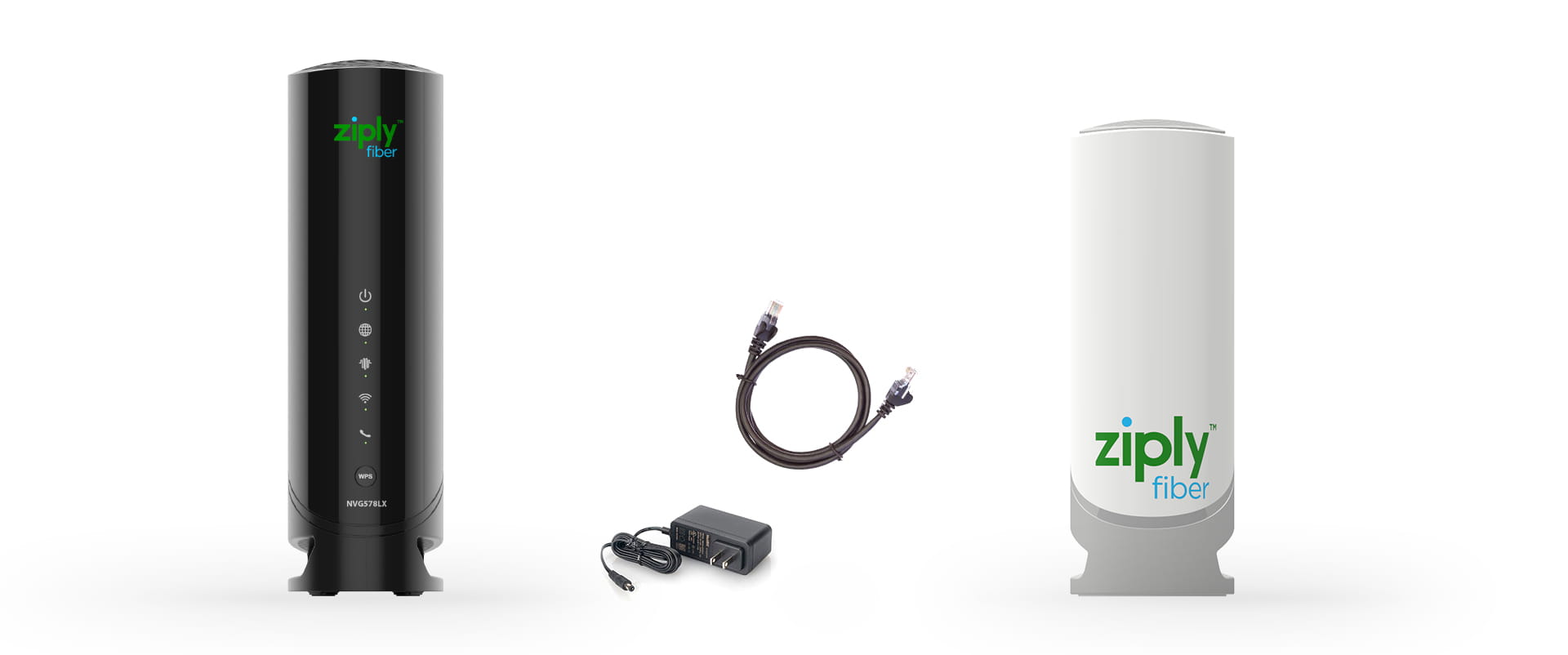In an era where remote work has become the new norm, the need for a robust and reliable internet connection has never been more crucial. One technology that stands out in providing exceptional speed and stability is fiber internet. In this blog post, we'll explore the key benefits of using fiber internet for those who work remotely.
Speed
One of the primary advantages of fiber internet—if not its marquee advantage—is fiber’s unparalleled speed. Unlike traditional broadband connections like cable, fiber optics transmit data using light signals, enabling speeds of up to 1 gigabit per second (Gbps) or more. For remote workers, that speed means seamless video conferencing, quick file uploads and downloads and an overall smoother, uninterrupted online experience.
Symmetrical upload and download speeds
Unlike some traditional broadband connections that offer faster download speeds than uploads, fiber internet provides symmetrical speeds, which means uploading content is just as fast as downloading. This is particularly beneficial for remote workers who frequently upload large files, engage in video content creation or participate in live streaming. The symmetrical nature of fiber internet ensures a balanced and efficient data flow in both directions.
Consistent and reliable connectivity
Fiber internet is renowned for its reliability. In addition to being less susceptible to adverse weather conditions, fiber optic cables minimize signal interference and ensure a strong, stable connection, even during peak usage hours. Remote workers can say goodbye to frustrating lag, buffering and dropped connections, allowing them to focus on their tasks without interruptions.
Low latency for real-time collaboration
For remote teams collaborating on projects, low latency is essential. Fiber internet significantly reduces latency, making real-time communication and collaboration more effective. Whether participating in video meetings, editing documents simultaneously or accessing cloud-based applications, the low latency of fiber internet enhances the overall productivity of remote teams.
Enhanced security
Security is a top concern for remote workers dealing with sensitive data. Fiber internet is inherently more secure than traditional copper-based cable. The data transmitted through fiber optic cables is difficult to intercept, providing an additional layer of protection against cyber threats. This is especially crucial for those handling confidential information or working in industries with strict security requirements, like banking or a government agency.
Future-proof infrastructure
Investing in fiber internet isn’t just a smart business decision for today, but for the future, as well. As technology continues to advance, fiber-optic networks are well-equipped to handle increasing bandwidth demands. Remote workers adopting fiber internet today are essentially future proofing their connectivity needs, ensuring they can seamlessly adapt to emerging technologies without the need for significant infrastructure upgrades.
In the world of remote work, where a stable and high-speed internet connection is the key component of being able to perform your job, fiber internet emerges as the clear winner. Its unrivaled speed, reliability, low latency, enhanced security, future-proof infrastructure and symmetrical speeds make it the ideal choice for remote workers looking to optimize their online experience. As we navigate the digital landscape of the modern workplace, embracing the benefits of fiber internet is a strategic move toward increased productivity and connectivity.






